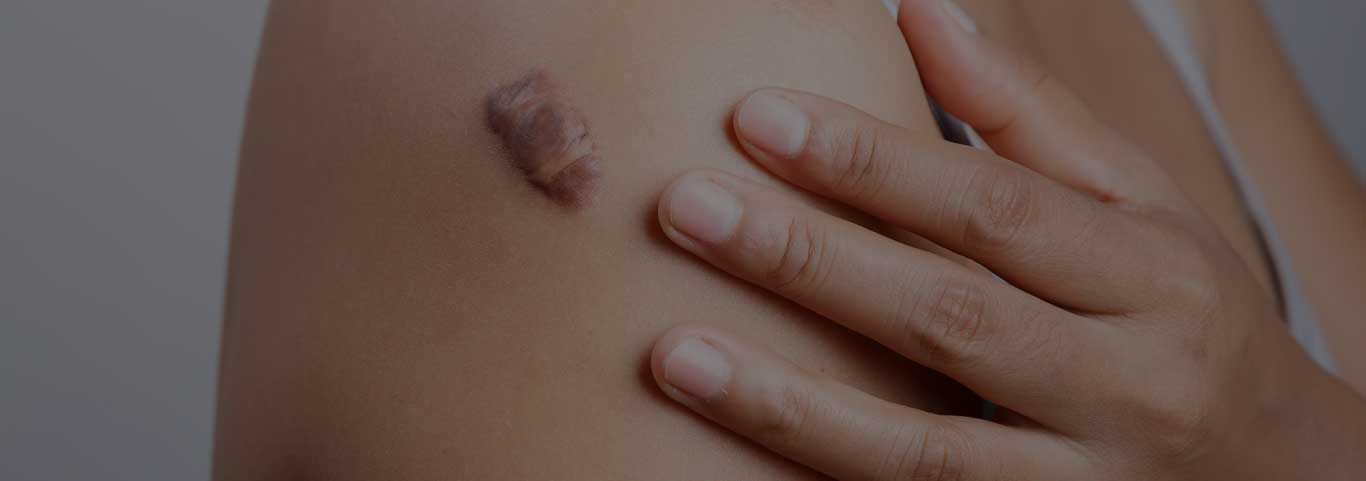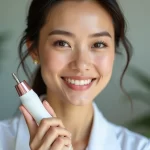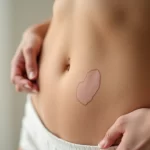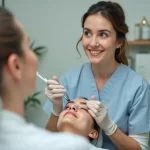What is keloid?
Keloids are thick scars larger than actual wounds. Keloids appear raised and are red, often causing discomfort. That’s why patients want to remove their keloid scars.
Reasons for keloid?
Keloids are a type of injury that can happen due to injection, burn, scratches, or body piercing. They are not cancerous but can be extremely uncomfortable for people with sensitive skin.
Reasons for keloid scars
In the usual scarring process, collagen, a protein aiding in skin injury repair, plays a crucial role. However, in certain instances of healing, the body tends to overproduce collagen, leading to the development of a keloid scar.
We offer the best treatments for your keloid treatment in Metro Phoenix, AZ
Treatment:
Although keloids aren’t contagious, treatment is necessary. There are many treatments available, and you can either use one or a combination of a few to get rid of keloid scars.
Laser treatment:
Pulsed-dye laser sessions help flatten larger keloids. These sessions fade the keloid scars, reduce itching, and are recommended by dermatology experts. Combining cortisone injections and laser treatments is also suggested, but reactions may include blistering and hyperpigmentation.
Corticosteroid cream
Skincare experts use corticosteroid cream to reduce itching and prevent scar development.
Injected medicine:
Skin experts inject cortisone or other steroids to reduce keloid thickness. These injections are every month, typically in a six-month course, with one injection per month.
Reactions may include skin thinning and hypopigmentation, resulting in a change in skin color.
Freezing the scar:
This method is suitable for small keloids. Skincare experts freeze the keloid with liquid nitrogen, known as cryotherapy.
Side effects may include blistering and hypopigmentation.
Surgical removal:
Surgical removal is preferred if keloid scars are not treatable by other methods. However, it is not a permanent solution, and recurrence may occur sometimes.
Self-care tips to get rid of keloids:
- Take care of wounds and treat them promptly to avoid scars later.
- Apply silicone gel pads on wounds.
- Use creams such as corticosteroid cream to reduce itchiness.
- Apply a bandage on wounds to avoid friction.
- UV light can change the color of your keloid, so avoid sun exposure. This color change is permanent.
At MSS, we offer dermatology services in the comfort of your home.
We have various methods to treat keloid scars at Mobile Skin Screening. Contact us today





